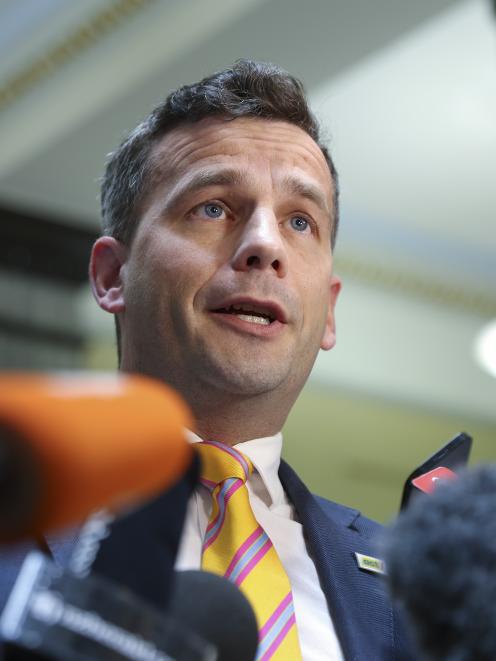
He is in charge of launching a school attendance action plan by the end of June and introducing the first phase of initiatives to lift attendance by then.
It is one of the 36 points on the coalition government’s latest action plan.
Discussing the various issues involved in what is a complex problem, Mr Seymour has provoked the ire of many parents by suggesting new advice is needed for them about when it is appropriate to keep their sick children home from school.
He says for several years the message has been to "stay home, save lives" and almost everything comes after that, and there is a need to "start rebalancing that".
"Of course, health’s important, of course you’ve got to be responsible — but you don’t keep people home under all circumstances. Sometimes you’ve got to make a call between health and education, and New Zealand’s Government needs to bring more balance back in that regard," he told Newshub.
He is concerned too many pupils are staying at home due to illness which is often a "sniffle or a cold."
We are not sure of his public health or medical credentials or how he has managed to diagnose those pupils, but there is good reason for not wanting children at school when they are unwell or have symptoms of Covid-19 or other respiratory illnesses. This could well include a sniffle or cold symptoms.

If Covid-19 has taught us anything, it must be that the old "soldier on" mentality where there was pressure for pupils and workers to go to school or work when they were suffering from colds and flu or any other infectious illness was bad for everyone.
Nobody is at their most productive when ill, and why should fellow pupils, teachers and co-workers be put at risk of catching the same illness?
Maybe Mr Seymour is hoping one of his pet projects, bringing back medications containing pseudoephedrine, will save the day. We can understand the government wants to increase school attendance, but truancy and being off school due to illness are not the same thing.
If there are swathes of kids wagging when they are not sick, let’s have the evidence of that.
It is baffling the Act New Zealand leader seems so keen on the state telling parents what decisions they should be making about their children’s health. It hardly goes with the party’s mantra of keeping government out of people’s lives.
Mr Seymour also seems to be falling into the trap of believing Covid-19 is almost non-existent. It is not. In the week to the end of March, 3399 cases were reported, and 14 deaths due to the disease recorded (including three from the Southern area).
We do not hear him promising to fund further improvements to school ventilation to help reduce the risk of infection spread.
Nor is it clear he is paying any attention to recent research showing teachers are the most vulnerable occupation to getting Long Covid, something which can still be affecting them four years after contracting the virus. There are reports of teachers being lost to the profession because the debilitating effects of the virus leave them unable to function in the classroom.
It is not Mr Seymour’s job to be telling officials to tailor health advice to suit his view of the world. Public health advice must be able to be given without fear or favour and scientifically based, not watered down because it might suit politicians.
Our non-clinical advice to Mr Seymour would be to listen more, talk less, and recognise the limits to his expertise.












